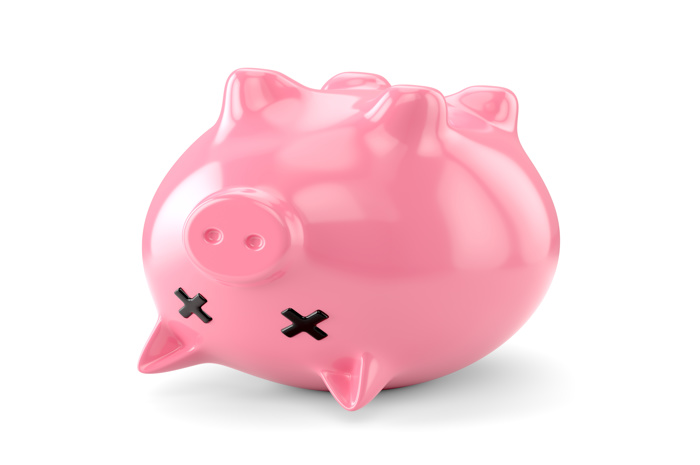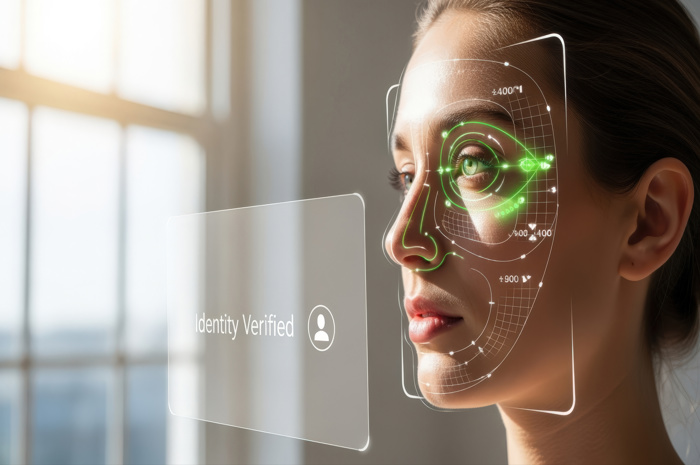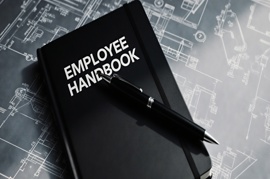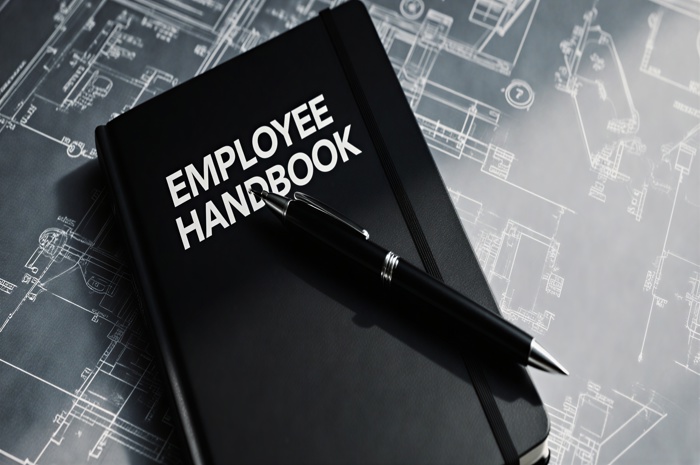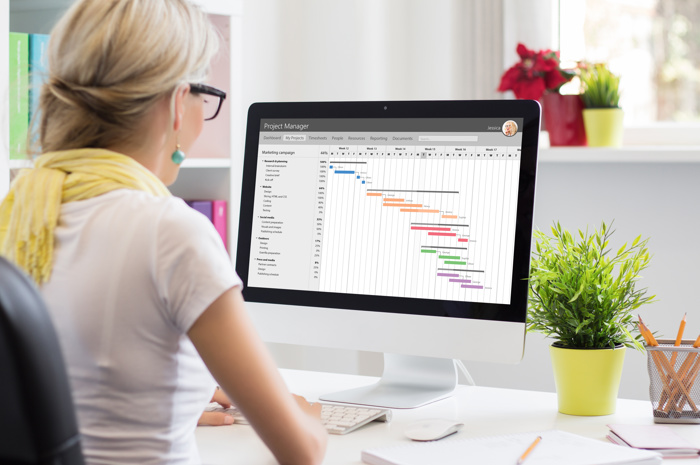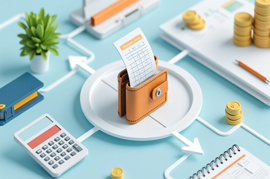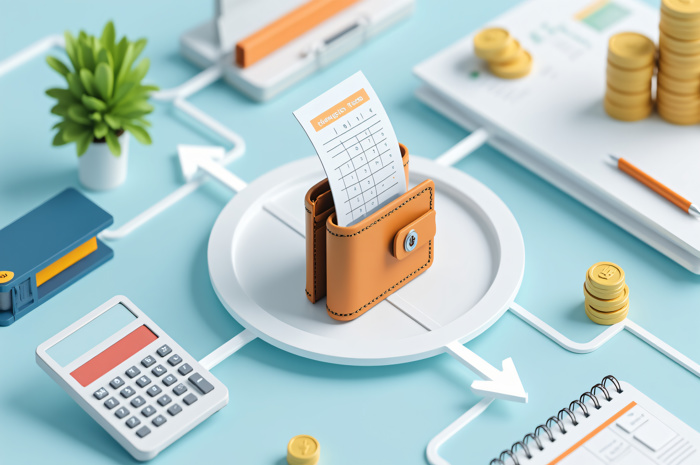What happens if my Company becomes insolvent?
Limited liability companies offer company directors protection from being held responsible for company debts if the company becomes insolvent. Personal assets and finance of the owners and shareholders are legally protected in the event that the company becomes insolvent. However, only the amount that was originally invested can be lost; hence, the liability is limited.
This is because the limited company is seen as a separate legal entity to the directors and shareholders, and so the business becomes responsible for its debts, liabilities, and losses. However, there are some exemptions to the protection offered by the limited liability, which will be discussed shortly.
What does it mean if your company becomes insolvent?
Company debts typically include, unpaid Corporation Tax, PAYE, VAT or National Insurance Contributions, company loans, unpaid supplier invoices, other company expenses and bills or staff wages. All these debts are taken on in the name of the company and they are typical some signs of company insolvency.
If your company becomes insolvent, it means that the business is unable to pay its debts and meet its financial obligations as and when they fall due (cash-flow insolvency). When the liabilities are greater than the company’s assets, a company is also said to be insolvent (balance sheet insolvency).
As soon as you believe the company is nearing insolvency, it is best that you contact professional advice from a licensed insolvency practitioner. They will be able to discuss the available options for your company, including the option to rescue the company, if they are contacted at the earliest sign of insolvency.
Once the company becomes insolvent, the directors have a legal duty to act in the best interest of the company’s creditors. Failure to comply can result in unwanted consequences for the directors. These include: director being liable for all or most of the company’s debts, formal disqualification of being a director for up to 15 years, being criminally prosecuted (depending on the transaction- fraudulent trading), etc.
So, at point do company directors become personally liable for company debts?
Let’s discuss a few examples of transactions that could cause the company directors to be personally liable for the company debt.
Company loans
Loans, such as bank loans or overdrafts, that are personally guaranteed by the director are an example of the liability that falls on the director. It is common for lenders to request a personal guarantee for borrowing money due to the increased risk of not having a guarantee. It means that in the event the company enters insolvency and fails to meet its financial obligations, the lender will expect the company directors to be personally liable and expect full repayment of the amount loaned (as per the legal agreement) from the directors.
Dividend payment
If the director has drawn
dividends despite the company not having sufficient profits, this is regarded as unlawful. As per the
Companies House Act 2006, dividends can only be issued out of the company’s available profits. This means as company directors, they have the added duty of ensuring that company has adequate funds to pay its liabilities. The overdrawn dividends will have to be paid back, if the company becomes insolvent.
Overdrawn director’s loan accounts
The type of director’s loan that is relevant here is the money that is borrowed from the limited company. This type of director’s loan is not money that is used to pay a salary, pay out dividends, or reimburse yourself for personally paying for company-related expenses. The directors loan account, as stated by HMRC, is a record of the company’s financial transactions between the director and a company. This loan account can be in credit, which means the company owes the director money. If the director’s loan account (DLA) is in debit, the company is owed money from the director; this is also known as an overdrawn DLA.
Now, this type of loan is perfectly acceptable and common in limited companies, but at what point does the overdrawn company directors' loan account become a problem? That is, when the company becomes insolvent and cannot pay its debts. Consequently, the overdrawn DLA will be viewed as an asset of the company, which means the liquidator will expect the director to pay this money back so that the company’s liabilities can be paid off.
Wrongful trading
This occurs when the company directors allow the company to continue trading and incur debts despite knowing the company is no longer financially viable. It is when the directors are aware or should have been aware that they knew the company was unable to avoid insolvent liquidation or administration beforehand and failed to take the necessary steps to prevent this or reduce the risks and losses to creditors
Fraudulent trading
Seen as deceit, this can be defined as the company’s continuation of trading with the intention of defrauding creditors. For example, the company borrows money through loans while knowing there are no possibilities for repayment. There are serious repercussions for fraudulent trading, as it is a criminal offence.
Preferential payments
This is when you favour a particular creditor over the company’s other creditors. All creditors are to be treated the same, as they all have equal rights for repayment. An example is when company becomes insolvent and a director choose to repay a close friend or family member who has previously lent the company money or paying a certain supplier to maintain a good business relationship with the intention of continuing to work with you after the company has been liquidated. If this does occur, the company directors will become personally liable for the company’s debts.
Undervaluation of transactions
When business assets are sold for a loss or at a significantly lower value than their true value, or perhaps the asset is transferred to another third party without any payment, this is regarded as a transaction at undervalue. The issue lies when this transaction causes the company to become insolvent.
So, as you can see, the answer to the earlier question—am I personally liable if my
limited company is bust—is not a straightforward no, and hopefully this article has helped you understand why and explained the different transactions at which the director will become liable. It may be worth taking a look at the
director's responsibilities, so that you can get a thorough understanding of the duties.
This article is information only and has been prepared for general guidance on matters of interest only, and does not constitute legal, accounting, tax, investment or other professional advice or services. You should not act upon the information contained in this article without obtaining specific professional or legal advice. No representation or warranty (express or implied) is given as to the accuracy or completeness of the information contained in this article, and, to the extent permitted by law, Comdal Limited, its members, employees and agents do not accept or assume any liability, responsibility or duty of care for any consequences of you or anyone else acting, or refraining to act, in reliance on the information contained in this publication or for any decision based on it.
